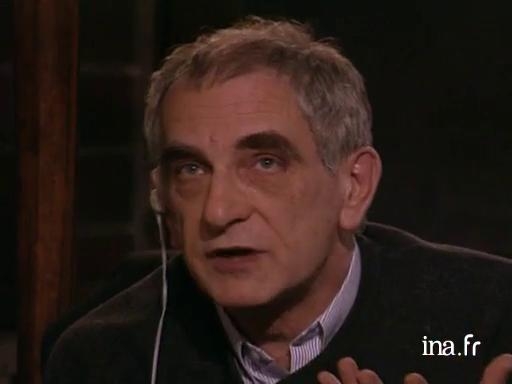Krysztof Kieslowski regarding the film White

Information
Krysztof Kieslowski answers Michel Field's questions regarding his film White. He discusses the themes of his film, love, the need to love, cruelty and, especially, the absence of equality.
Context
Although Polish filmmaker Krzysztof Kieslowski (1941-1996) based his Three Colors trilogy in France, he often said that it was because the money needed to produce it was French (the producer was Marin Karmitz, CEO of the MK2 company).
After the worldwide critical success of The Decalogue, his ten-part 1998 film, he made three films bearing the colours of the French flag. Blue, with Juliette Binoche, more or less brings up the question of freedom, White, with Julie Delpy, brings up equality, and Red, with Irène Jacob, brings up fraternity. White (1994) tells the story of a Polish hairdresser whose French wife obtains a divorce due to a non-consummated marriage. He went back to Poland and became wealthy but was nevertheless lacking love.
Kieslowksi took on the question of equality with irony: who really wants to be equal to others? "Everyone wants to be more equal than the other", wrote Kieslowski in his book Le Cinéma et Moi (published by Noir et Blanc, 2006). Interrupted by the film-maker's death, another trilogy was supposed to follow Three Colors. The first part, the only one written, Heaven, was directed by Tom Twyker in 2002.


